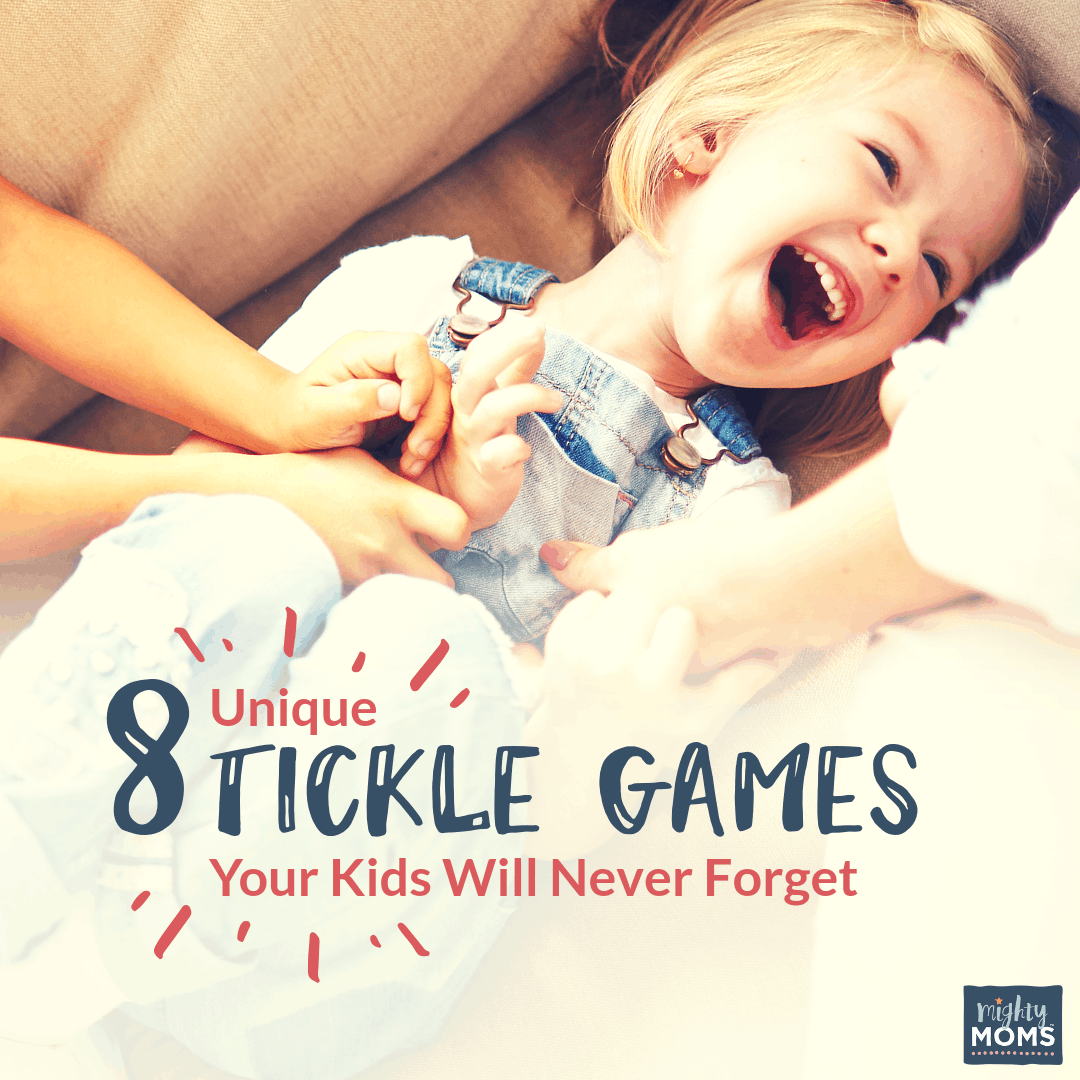At first glance, tickle games appear to be times of fun and joy. When you tickle a child, the child laughs. What’s not fun about that? But think about the typical tickling game:
A classic distraction trick can put you in a good position to win this tickle fight. Give it a try and if they fall for it, go in hard for their armpits and ribs. This will probably only work once, so make it count. Browse through and take tickle quizzes. From this quiz alone, I bet I can guess where you're ticklish. This is a really fun to do with your kids as you tuck them in for bed. It's especially fun for ticklish people. It's called 'Going On A Treasure Hunt' Have the recipient of the back tickle lay down face first as if they are going to. If they guess - They Win & can Tickle YOU because 'they guessed' - If they don't guess: You tickle Them & tell them the Right Answer ( So they learn a new Thing about You:) ) This game is good to check - if your friends or Siblings know you as well as they Think - or for New Friends you made to learn more about each other.
CUSTOM GAME SEARCH Click here for a custom game search to fit your exact needs.Search Games ARE YOU TIRED OF GAME RESOURCES THAT DON’T DELIVER? HERE’S A BUNCH OF PROVEN, TESTED GOOD ONES! CLICK ON A CATEGORY BELOW Top 10 Games CLICK HERE for our TOP 10 Lists of the Best Games!Show Top 10 Lists Mixers Something fun to get everyone mingling and mixing and having fun! Up-Front Games Games.
1) it is initiated by the adult: tickle-fests are normally started by the parent. The child may run screaming and laughing away from the chasing, tickling adult. At the beginning, it probably looks like a fun game.
Tickle Games For Teens
2) it is controlled by the adult: the child is rendered helpless under the adult’s tickling fingers. The child has less strength, less physical prowess, less control. The game stops not when the child wants it to, but when the adult decides to.
Good Tickle Games
3) the child is left feeling vulnerable: sustained laughter and adrenaline from the “fight or flight” feeling brought on by the tickling leaves the child out of breath, shrieking, pulling away, or screaming “no!” or “stop!” In some instances, the child even cries or wets herself, adding to the humiliation she feels at being completely dominated and out of control. The uncontrollable laughter heard in a tickle game is usually not a free reflection of joy; it is a forced physical response. It stems from panic and anxiety.
Normal tickling – the type where a child feels out of control of the “game” – teaches a child two things. It teaches her to succumb to the violation of her own body by someone more powerful, and it teaches her that it is acceptable (even fun!) to violate the person of another. Neither of those lessons are appropriate.
Tickle Games That Empower
Tickling does not have to cause shame and a sense of powerlessness. Instead of being in control of tickle games, hand the control to your child. Here are some ideas to empower your child while connecting with a fun, physical game or playing with www.nokzeit.de games.
1) Ask First: give your child the power to say no to a game of tickles. We have always asked our son before tickling him – he often says no, but when he does say yes we always have fun.
2) Give the Child an Easy Way to Opt Out: if your child agrees to the tickle fest, come up with a fun way for her to end it. For example, tell her that rolling away from you means “stop!”
3) Let Your Child Control the Tickle Time: instead of the potentially scary specter of a very large adult coming at the child with big tickling hands, let the child come to you. Here are a couple of ideas to let your child be in charge of tickle time:
- Tickle Tunnel: Stand with your legs wide apart. Your child will choose when (and how fast) to run under your legs, and you can lightly tickle him as he goes by.
- Tickle Tree: Your arms are the branches with tickling leaves, your child can come dance around you, try to climb you, or even try to chop you down – but you can’t move anything except your fingers.

Our goal in being playful with our children should not be to get an easy laugh or to dominate the situation, it should be to make a connection and to have everyone come away feeling good about the interaction. Tickling can be fun, we just have to remember what it’s like to be in our child’s more vulnerable position.
Do you have any suggestions for safe tickling games?

Photo credit: pixelstar
Tickle Family Fun Pack
________________________________
For more on tickling, its effects, and some alternatives, check out Aldort’s Raising Our Children, Raising Ourselves at 213-15 and Lawrence Cohen’s Playful Parenting.